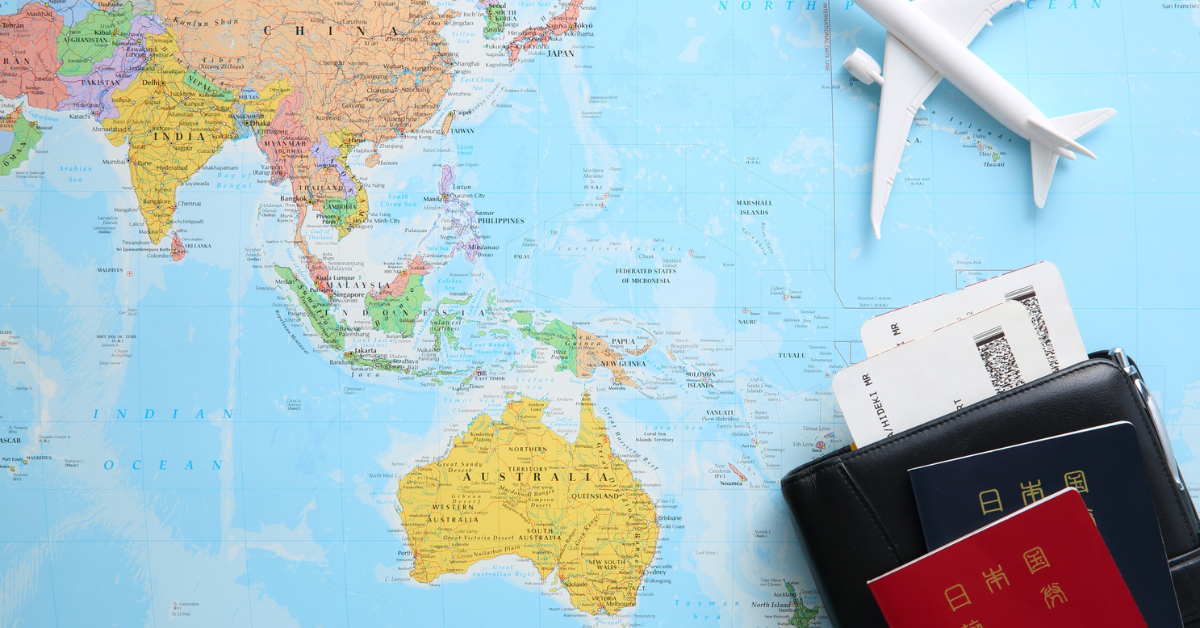
Important Things to Do Before You Travel

*Collaborative Post
Travelling abroad requires preparation to ensure everything goes smoothly. To experience one of life’s greatest pleasures stress-free, you need to consider new visa and entry requirements, as well as travel insurance.
From checking your passport to sorting out travel money, here’s our comprehensive guide to help you prepare for your next trip.
Check Passport Validity, Visas, and Entry Requirements
The first thing to do before travelling is to check your passport’s expiry date. Many countries require at least six months’ validity beyond your planned return date, so renewing in advance is essential. For destinations with specific entry requirements, you’ll need to confirm whether you need a visa or an electronic travel authorisation (ETA).
From 2025, the UK will be introducing ETAs for incoming travellers, and many countries worldwide have similar systems. If your trip involves a layover, don’t forget to check the transit country’s rules too, as some require proof of onward travel or specific visas, even if you are passing through. Overlooking these details could cause a nightmare scenario at the airport.
Organise Travel Money and Budget
To manage your finances on holiday, set a realistic budget including accommodation, meals, activities, and emergency expenses. When it comes to currency, it’s wise to compare rates in advance and buy travel money before you head off. Leaving it until the airport often means higher fees and less favourable exchange rates.
Travel cards are an increasingly popular option thanks to their ability to lock in good rates and help track spending. Don’t forget to check the availability of contactless payments in your destination. While many European cities are card-friendly, rural areas or smaller shops may still prefer cash.
Prepare Health Precautions and Travel Insurance
It’s easy to overlook vaccinations and health certificates, but they’re essential requirements to travel to some countries. It’s also smart to review travel advisories for health updates, particularly if you’re flying long-haul.
Arranging comprehensive travel insurance is just as important. Look for a policy that covers medical emergencies, trip cancellations, lost luggage, and personal belongings. Without it, you risk high costs and unnecessary stress if things go wrong. In your hand luggage, include a small travel kit with essentials like plasters and painkillers, along with any prescription medicines you’ll need.
Plan Your Itinerary and Transportation Abroad
Make sure you do your research on your destination’s transport options before you touch down at the airport. It can save you money and time, especially if you need a rail pass to top up your account. Take the same approach with booking accommodation to secure better deals, especially during peak seasons.
Whether you’re solo travelling or taking the family, a rough itinerary with plenty of time for rest in between sightseeing and activities will benefit everyone. Keep an eye on local events you could attend or travel disruptions to alter your plans if needed.
*This is a collaborative post. For further information please refer to my disclosure page.




